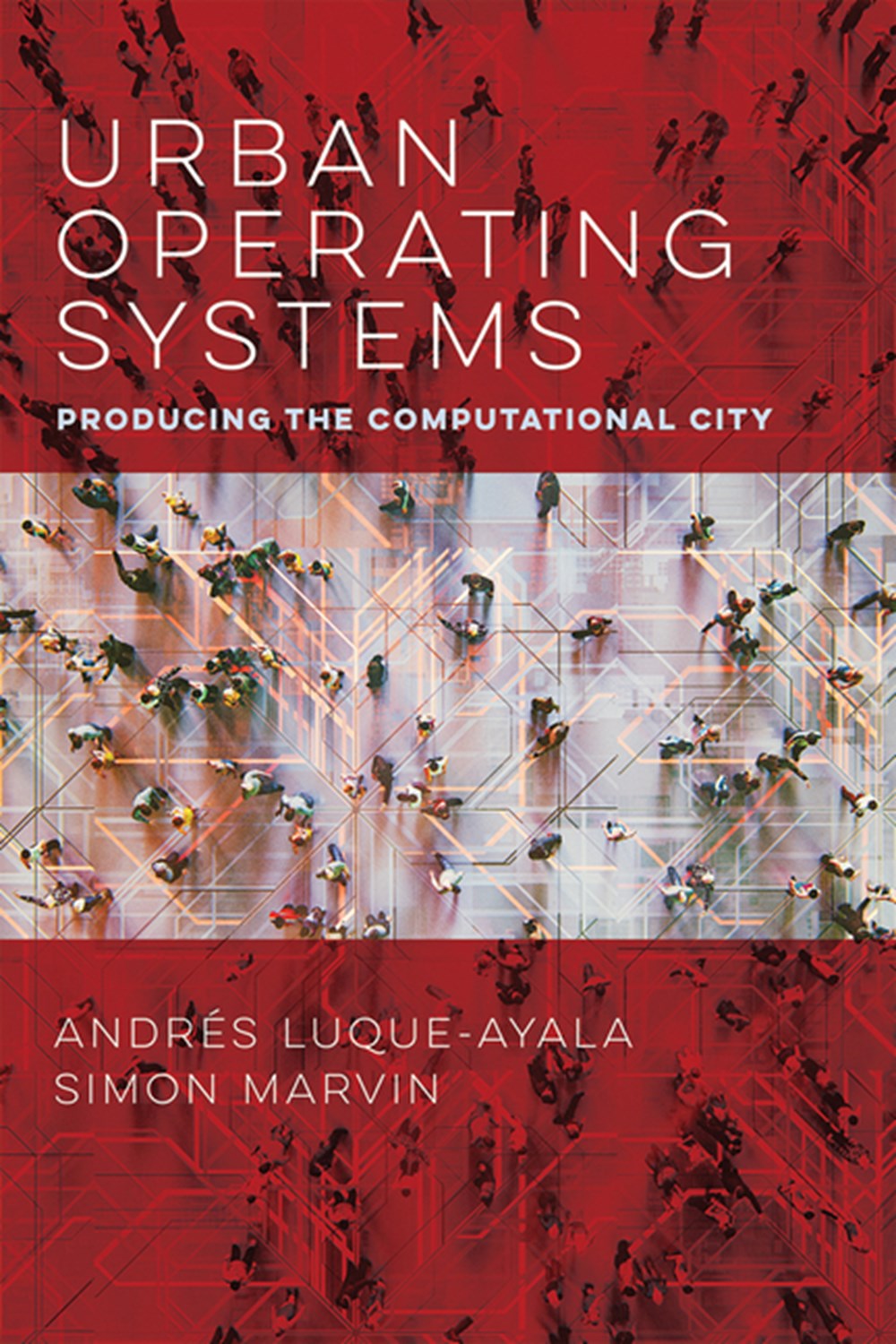A new wave of enthusiasm for smart cities, urban data, and the Internet of Things has created the impression that computation can solve almost any urban problem. Subjecting this claim to critical scrutiny, in this book, Andrés Luque-Ayala and Simon Marvin examine the cultural, historical, and contemporary contexts in which urban computational logics have emerged. They consider the rationalities and techniques that constitute emerging computational forms of urbanization, including work on digital urbanism, smart cities, and, more recently, platform urbanism. They explore the modest potentials and serious contradictions of reconfiguring urban life, city services, and urban-networked infrastructure through computational operating systems--an urban OS.
Luque-Ayala and Marvin argue that in order to understand how digital technologies transform and shape the city, it is necessary to analyze the underlying computational logics themselves. Drawing on fieldwork that stretches across eleven cities in American, European, and Asian contexts, they investigate how digital products, services, and ecosystems are reshaping the ways in which the city is imagined, known, and governed. They discuss the reconstitution of the contemporary city through digital technologies, practices, and techniques, including data-driven governance, predictive analytics, digital mapping, urban sensing, digitally enabled control rooms, civic hacking, and open data narratives. Focusing on the relationship between the emerging operating systems of the city and their traditional infrastructures, they shed light on the political implications of using computer technologies to understand and generate new urban spaces and flows.


